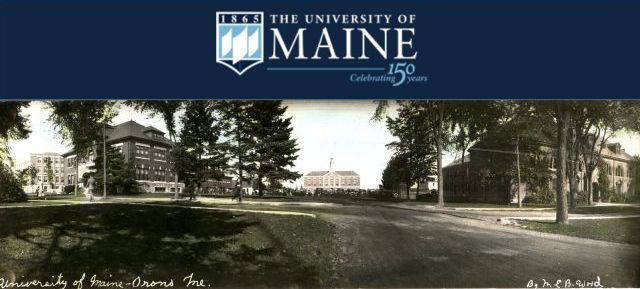
General University of Maine Publications
Document Type
Article
Publication Date
1-29-2021
Abstract/ Summary
Self-driving cars will offer access to r ide-sharing and ride-hailing with their suite of modern conveniences. However, many people with visual impairments who use these services rely on a human driver to safely locate their vehicle.
A research group led by the Virtual Environments and Multimodal Interaction Laboratory (VEMI Lab) at the University of Maine is developing a smart phone app that provides the navigational assistance needed for people with disabilities and seniors to enjoy ride-sharing and ride-hailing, collectively termed mobility-as-a-service, with the latest in automotive technology. The app, known as the Autonomous Vehicle Assistant (AVA), can also be used for standard vehicles operated by human drivers and enjoyed by everyone.
Repository Citation
Wolf, Marus, "App from VEMI Lab group will help people with visual impairments, seniors enjoy ride-sharing with self-driving cars" (2021). General University of Maine Publications. 1035.
https://digitalcommons.library.umaine.edu/univ_publications/1035
Version
publisher's version of the published document
Rights and Access Note
This Item is protected by copyright and/or related rights. You are free to use this Item in any way that is permitted by the copyright and related rights legislation that applies to your use. In addition, no permission is required from the rights-holder(s) for non-commercial uses. For other uses, you need to obtain permission from the rights-holder(s). For more information, contact Special Collections.


